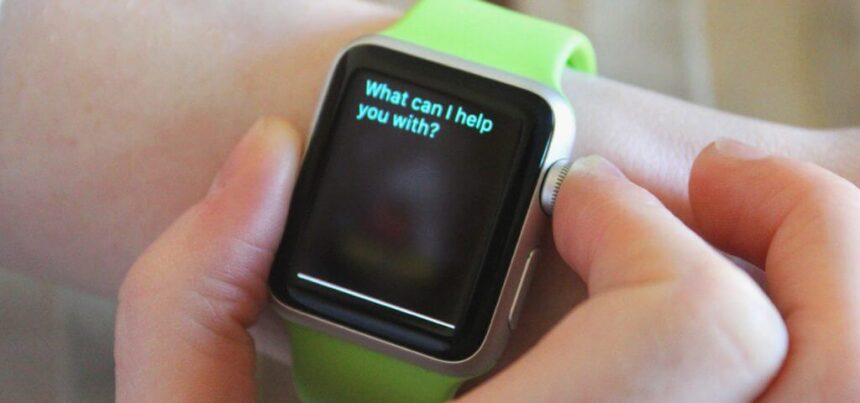In recent years, smartwatches have evolved from simple timekeeping devices to powerful wearable gadgets that offer a plethora of features, from fitness tracking to communication and beyond. As technology continues to advance at a rapid pace, the future of smartwatches holds even more exciting possibilities. In this article, we’ll explore some of the key developments and innovations that we can expect to see in the world of smartwatches in the near future.

The Evolving Landscape of Smartwatches
Enhanced Health and Fitness Monitoring
One of the most significant trends in smartwatch development is the focus on health and fitness monitoring. Future smartwatches are likely to incorporate even more advanced sensors and algorithms to provide users with detailed insights into their physical well-being. From continuous blood glucose monitoring to advanced sleep tracking and stress detection, smartwatches will play an increasingly important role in helping individuals manage their health and fitness goals. Fitbit bands offer a range of customizable options that allow users to personalize their devices, making it easy to wear health-focused technology that fits seamlessly into any lifestyle.
Integration with Healthcare Systems
Building upon the advancements in health monitoring capabilities, future smartwatches are expected to become integral tools in the healthcare ecosystem. With features like real-time ECG monitoring, fall detection, and medication reminders, smartwatches can help individuals manage chronic conditions and stay connected with their healthcare providers. Moreover, data collected by smartwatches could be seamlessly integrated into electronic health records, enabling more personalized and proactive healthcare.
Augmented Reality (AR) and Virtual Reality (VR) Experiences
As processing power and display technology improve, smartwatches are poised to become platforms for immersive augmented reality (AR) and virtual reality (VR) experiences. Imagine being able to view interactive AR notifications right on your wrist or play immersive VR games without the need for bulky headsets. With advancements in miniaturization and connectivity, smartwatches will open up new frontiers in entertainment and productivity.
Seamless Integration with Smart Home Devices
The concept of the smart home is becoming increasingly prevalent, with devices like smart lights, thermostats, and security cameras becoming commonplace. In the future, smartwatches will serve as central hubs for controlling and monitoring these interconnected devices. Users will be able to adjust their home environment, check security camera feeds, and receive alerts right from their wrist, providing unparalleled convenience and peace of mind.
Improved Battery Life and Charging Technology
Battery life has long been a concern for smartwatch users, with many devices requiring daily charging. However, advancements in battery technology are expected to address this issue in the future. From more efficient processors to innovative charging methods like solar power and kinetic energy harvesting, future smartwatches will offer longer battery life and faster charging times, ensuring that users can rely on their devices for extended periods without interruption.
Enhanced Communication and Collaboration Features
In an increasingly connected world, smartwatches will continue to evolve as essential tools for communication and collaboration. Future devices may feature built-in project management tools, voice and gesture-based controls, and seamless integration with communication platforms like video conferencing and messaging apps. Whether you’re working remotely or staying in touch with loved ones, smartwatches will keep you connected wherever you go. Moreover, accessories like the Apple Watch silicone band enhance the device’s functionality and offer comfort and style for daily wear.

Personalized Experiences through Artificial Intelligence (AI)
Artificial intelligence (AI) will play a central role in shaping the future of smartwatches, enabling more personalized and context-aware experiences. By analyzing user behavior, preferences, and biometric data, smartwatches will be able to anticipate users’ needs and provide tailored recommendations and assistance. Whether it’s suggesting workout routines, managing schedules, or offering timely reminders, AI-powered smartwatches such as huawei smart watch fit 3 will become indispensable companions in our daily lives.
Conclusion
As technology continues to advance, the future of smartwatches looks incredibly promising. With enhanced health monitoring capabilities, seamless integration with other devices and services, and personalized experiences driven by artificial intelligence, smartwatches will revolutionize how we interact with technology and improve our quality of life. From staying fit and healthy to staying connected and productive, the possibilities are endless, and the future is indeed exciting for smartwatch enthusiasts everywhere.


